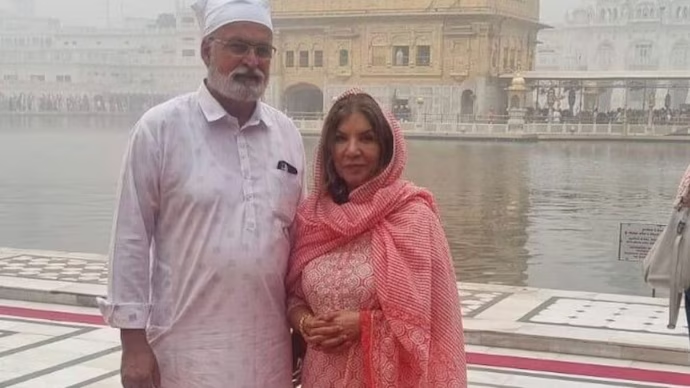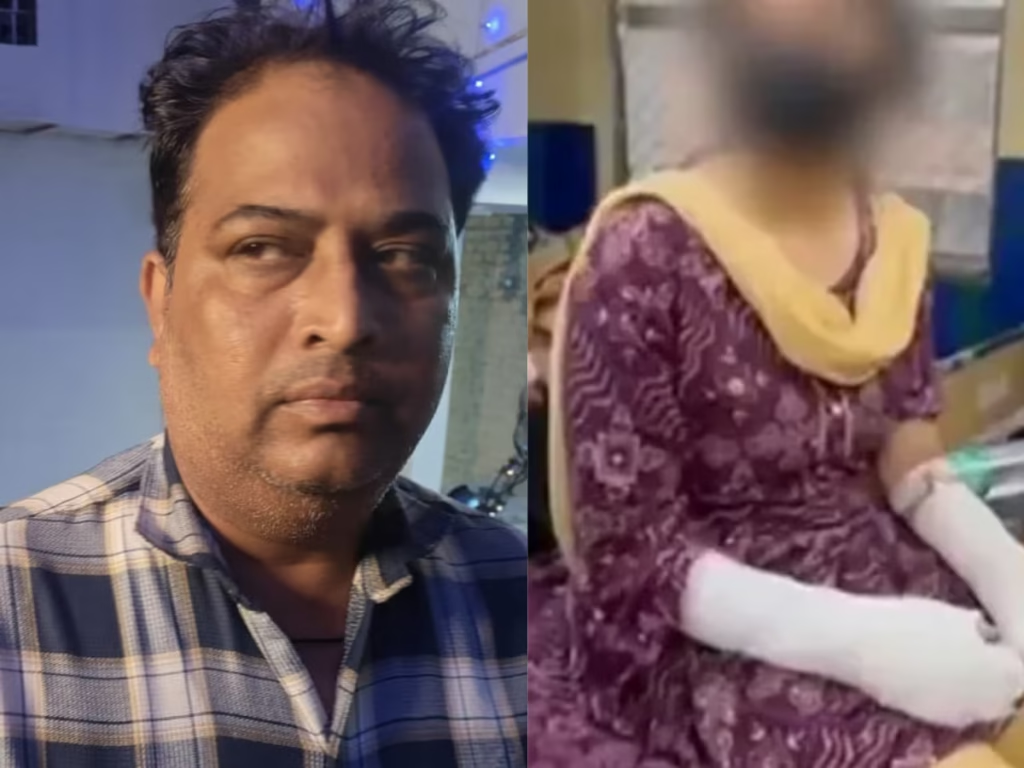Now Reading: Ludhiana NRI Murder Case: 71-Year-Old Woman Killed Inside Her Home
-
01
Ludhiana NRI Murder Case: 71-Year-Old Woman Killed Inside Her Home
Ludhiana NRI Murder Case: 71-Year-Old Woman Killed Inside Her Home

A shocking crime in Ludhiana has left the city unsettled after 71-year-old NRI Rupinder Kaur was brutally murdered inside her residence. The victim, who had recently returned from abroad, was found beaten to death with a baseball bat. The incident has raised concerns about the safety of elderly residents, especially those living alone or returning from overseas to settle in their hometowns.
According to initial police investigations, the murder took place inside Kaur’s home, pointing to either a planned attack or someone familiar with the house. The brutality of the crime has intensified fears in local neighbourhoods, where senior citizens often live without constant family support. Residents say such cases highlight how vulnerable older people are, even in cities where communities are considered close-knit.
Police have begun questioning suspects and are probing different angles, including property disputes, robbery attempts, or personal enmities. Investigators are also examining whether the attackers had prior knowledge of Kaur’s movements and lifestyle. For many locals, the case has drawn attention to how crimes involving NRIs often connect to financial or property-related conflicts.
In Ludhiana and other Tier 2 cities, NRIs regularly visit or return to manage ancestral property, businesses, or retirement plans. Such situations sometimes lead to disputes within families or attract unwanted attention from those seeking financial gain. Authorities say these conditions make returning NRIs more vulnerable to targeted crimes.
Community voices are urging stronger safety measures, from neighbourhood watch initiatives to better coordination with local police. Families of NRIs also stress the importance of securing homes, using surveillance, and ensuring regular contact to avoid isolation.
The murder of Rupinder Kaur is more than an isolated crime—it is a wake-up call. It underlines how vulnerable the elderly, particularly those with overseas connections, can be to violent attacks. For residents of cities like Ludhiana, the case reinforces the urgent need for vigilance, stronger community bonds, and reliable legal safeguards to protect senior citizens living alone.

























